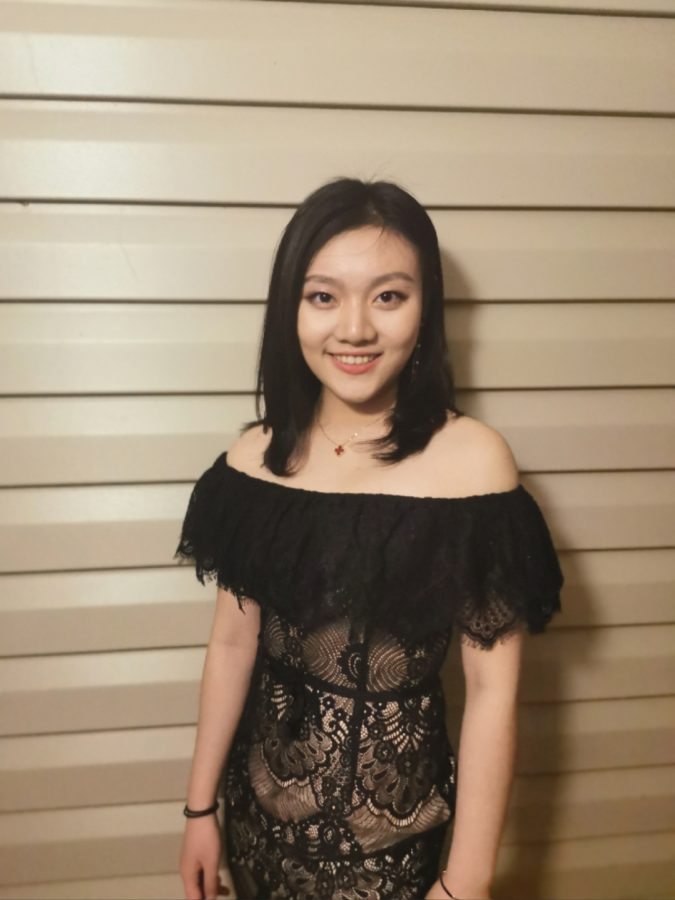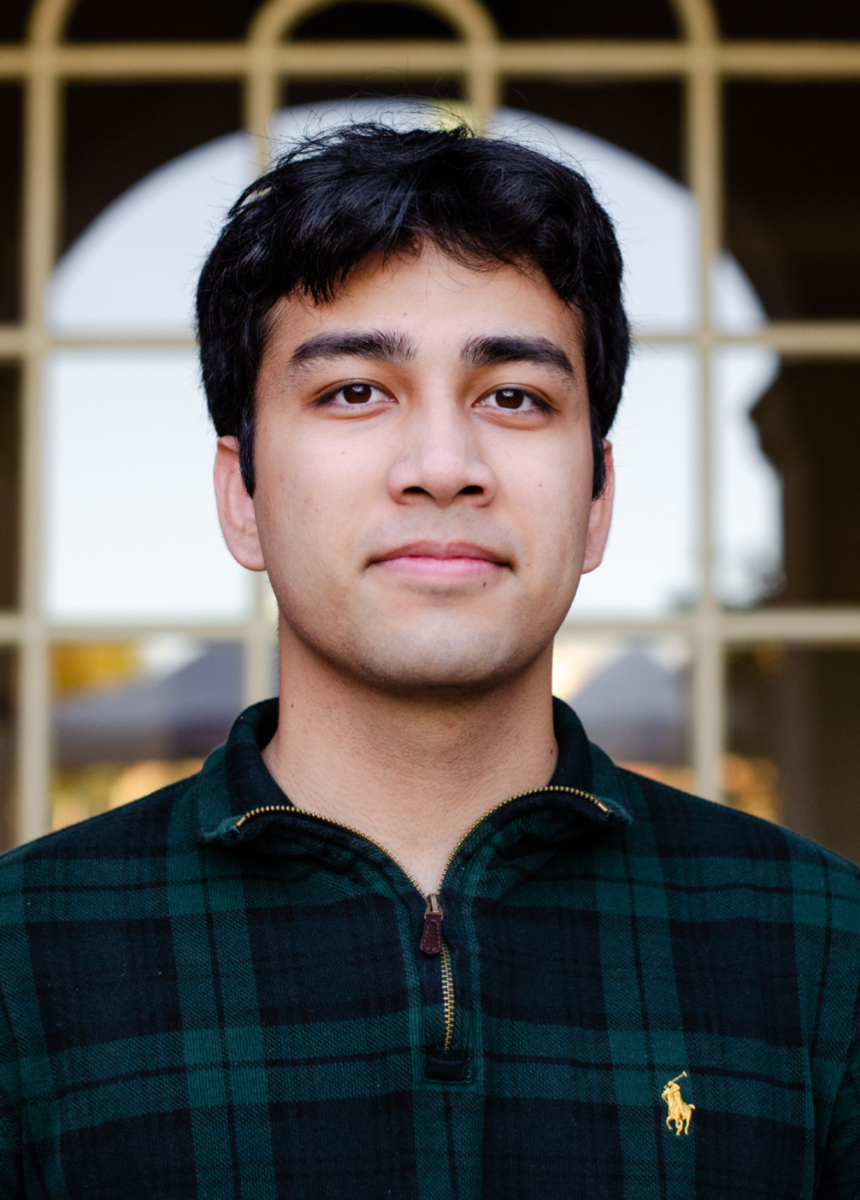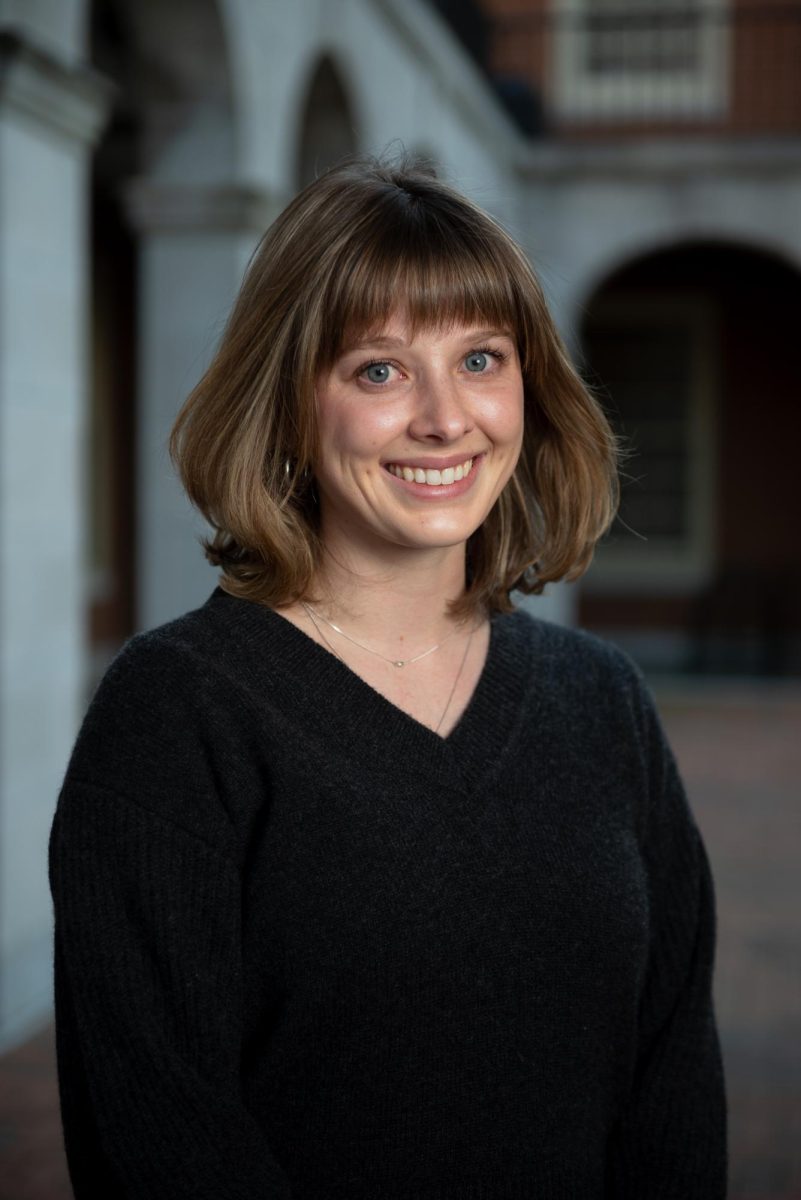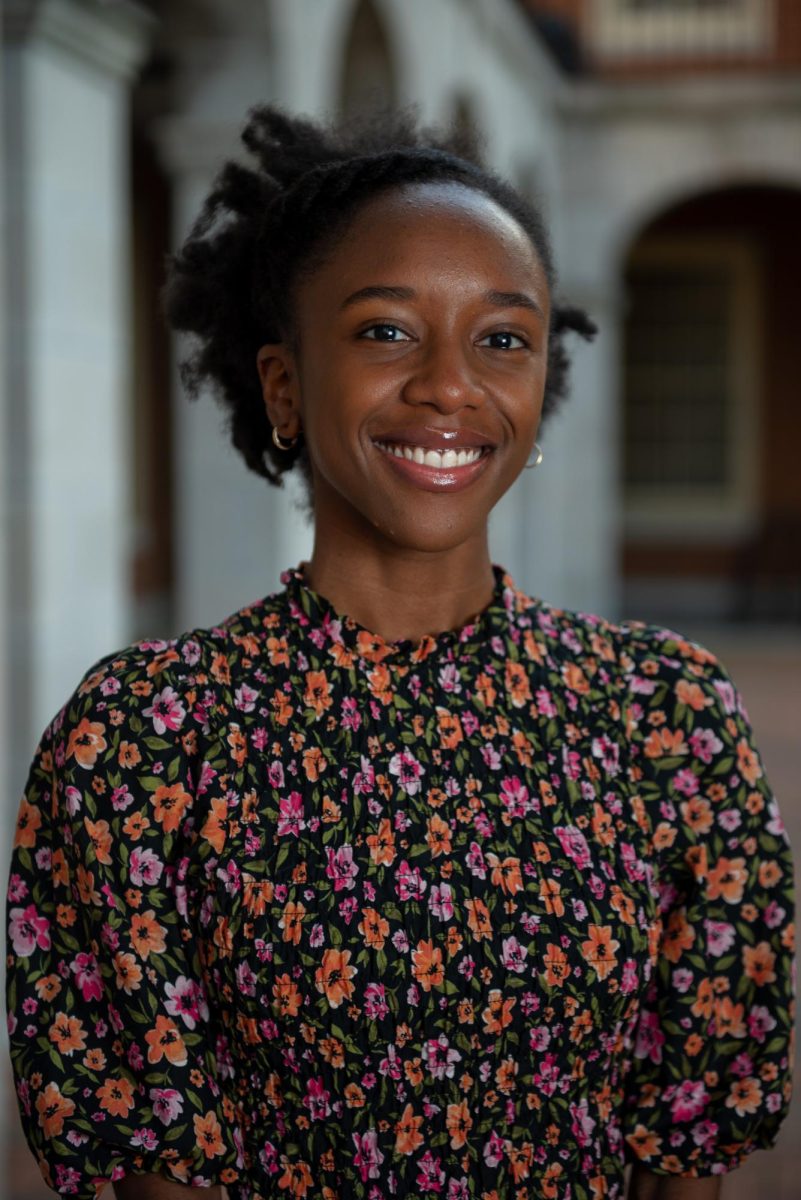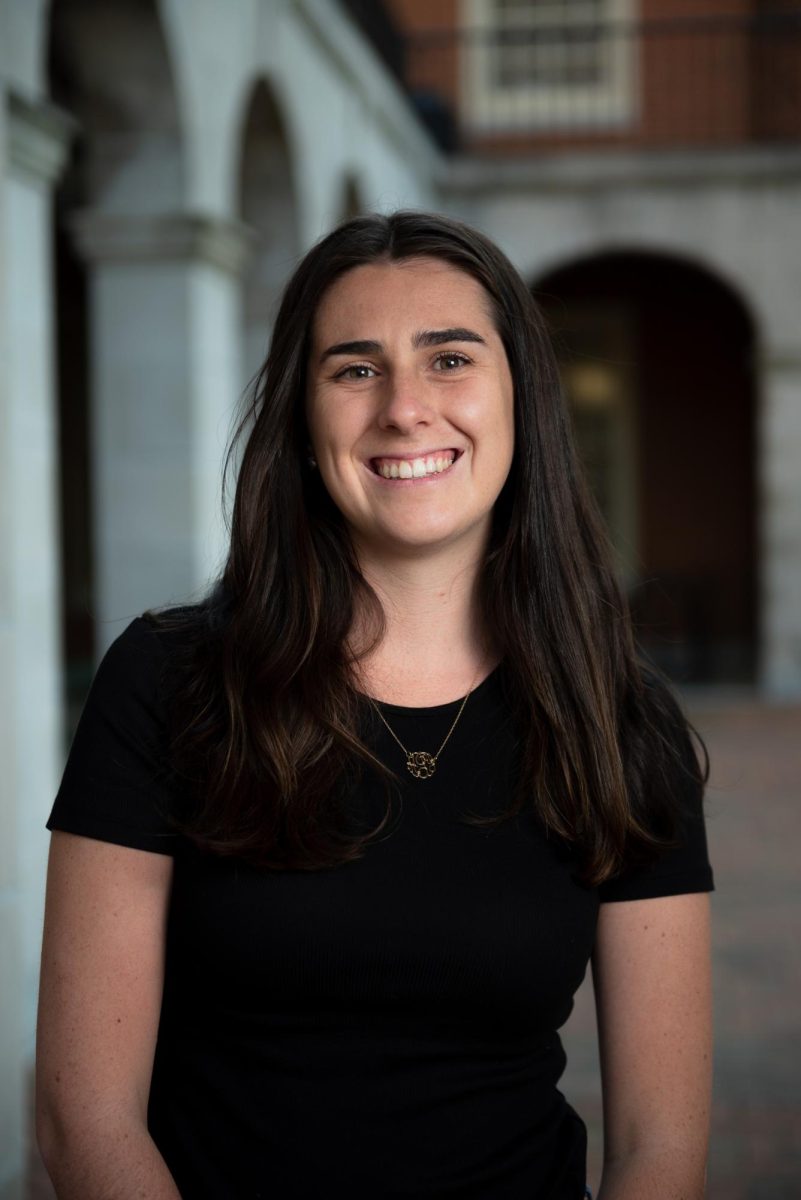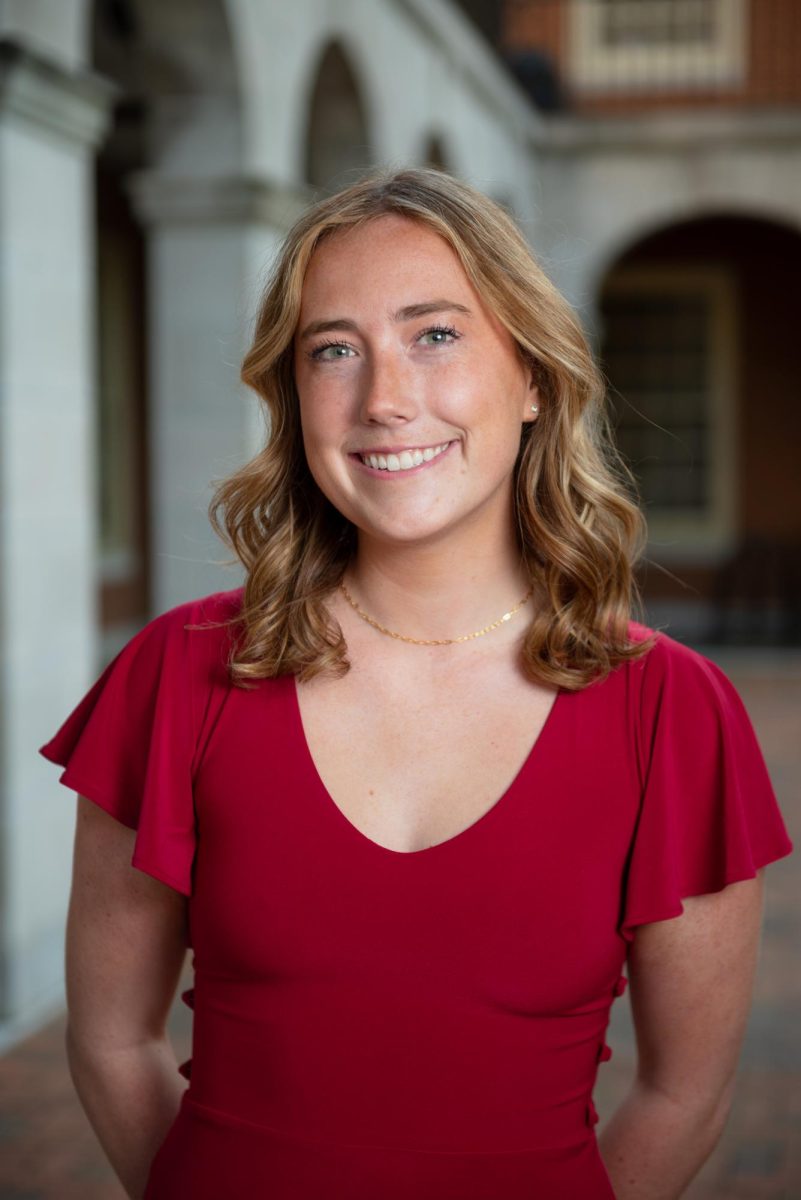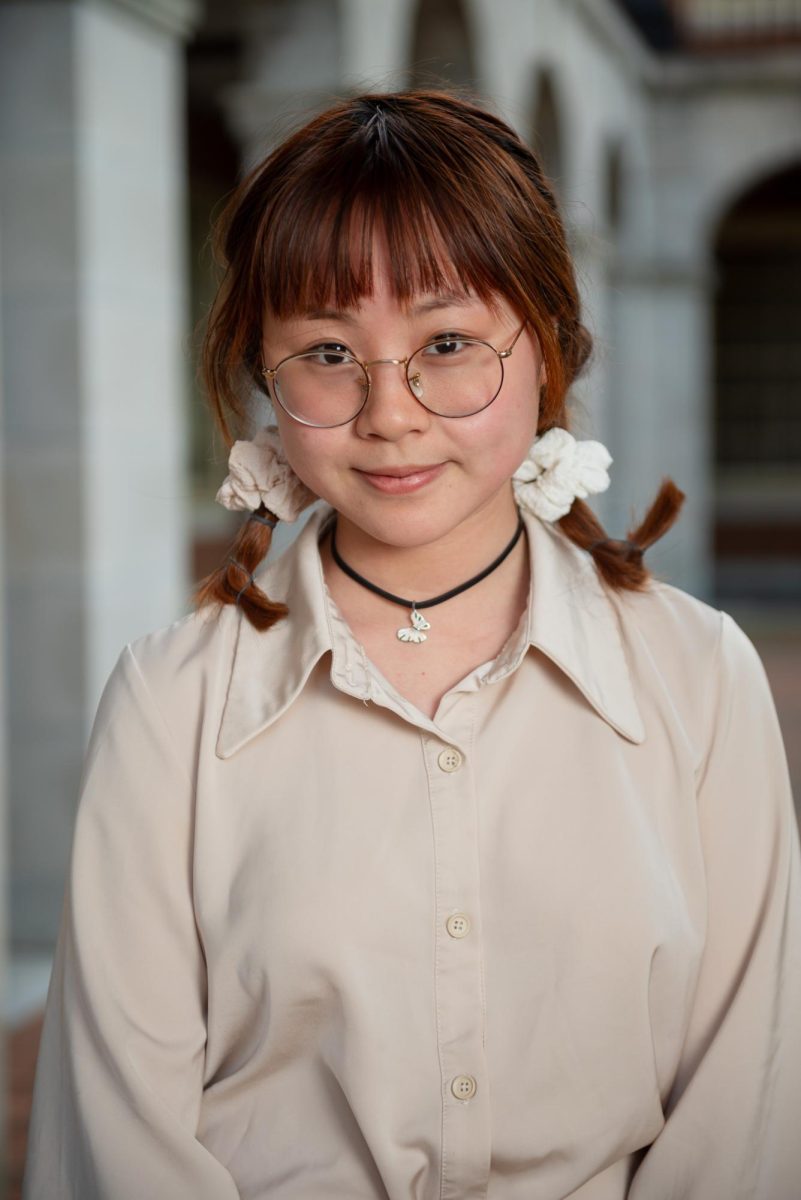Over the course of her time at Wake Forest, senior Eileen Zhang completed two rigorous and vastly different majors — biochemistry and mathematical economics — and combined her interests in a highly regarded senior thesis. She will soon pursue a master’s degree at Harvard University putting both disciplines in practice.
Zhang said that her interest in math drew her to Wake Forest’s mathematical economics program. “For math, I’ve always liked the calculus side more than the theoretical side, and I thought that mathematical economics would be a good application of the core skills put into a real-life context,” she said.
She especially connected with Professor Frederick Chen, whose classes she said were “challenging but really trained you better to think critically.”
Likewise, Chen praised Zhang’s abilities and work ethic.
“Eileen is a fantastic student … she can really do it all — formulate and analyze mathematical models in economics, as well as perform wet lab work for her senior thesis in biochemistry,” he said.
Zhang worked with Chen to complete her senior research thesis, and she was one of few students to choose a theoretical rather than an empirical project. According to Chen, she combined tools from mathematics and economics to create a theoretical model of infectious disease transmission in order to propose and study how various childhood vaccination policies could impact disease prevalence in a population.
“I tried to create a fine penalty system, so when people are violating the childhood vaccine mandate, they can be fined to opt out of the system, which could compensate people who cannot be vaccinated due to medical reasons,” Zhang said. “I was trying to model how welfare could be maximized somehow.”
She wrote the only senior thesis in the economics department this year that was awarded “highest honors.” Chen also spoke to the quality and depth of Zhang’s work, which combined her interests in health care and economics.
“This project really showcased many of Eileen’s strengths as a student: a tireless work ethic, ability to work independently, excellent analytical and quantitative skills and a willingness to learn,” he said. “The model she created turned out to be richer than I expected — we don’t understand everything about it yet — and it yielded some surprising implications. I think the best thing about her thesis is that it has led to some new questions that other researchers in this area could explore in future work.”
Outside of the classroom, Zhang was deeply involved in social justice initiatives on campus. After she went on a Wake Alternative Break (WAB) trip during her freshman year, she returned to lead a trip her second year and was the student director of the WAB program her junior and senior years. She also served as a Campus Kitchen shift leader and was involved in Pro Humanitate Institute programs.
After graduation, Zhang will pursue a master’s degree in epidemiology at the School of Public Health at Harvard University.



